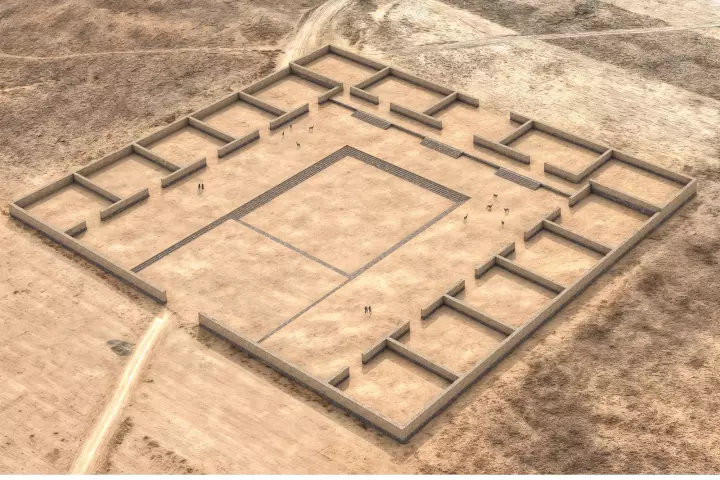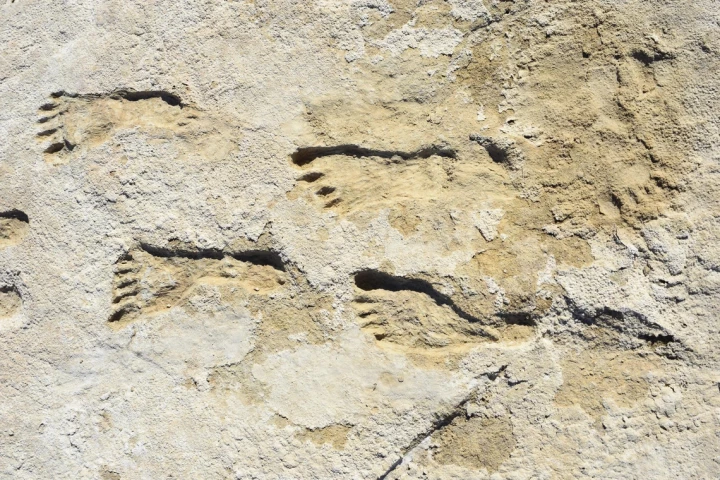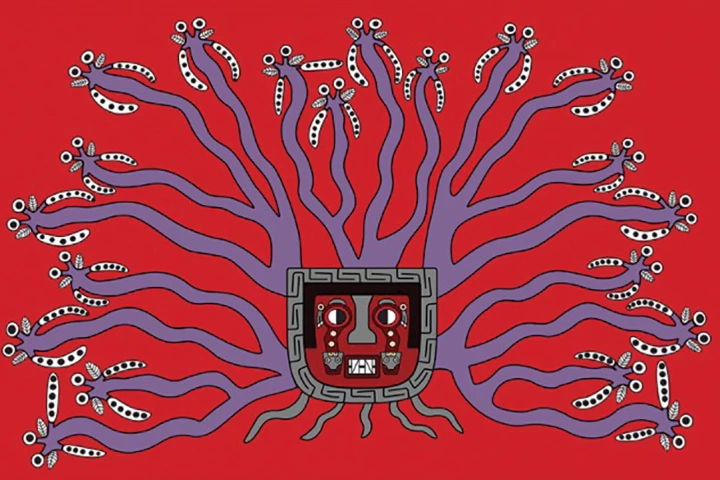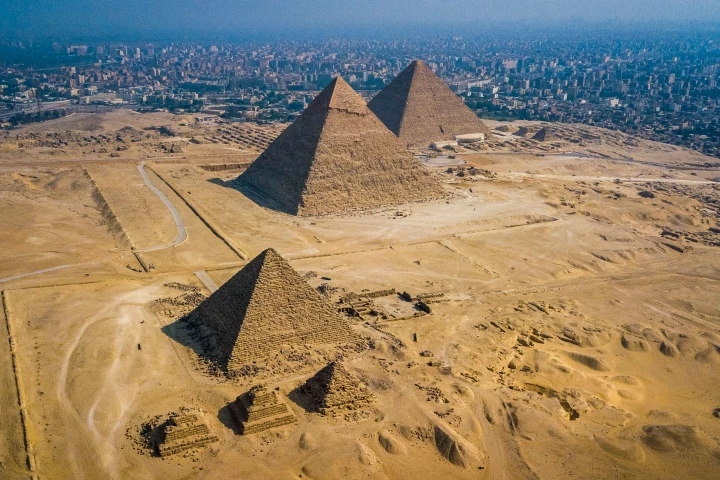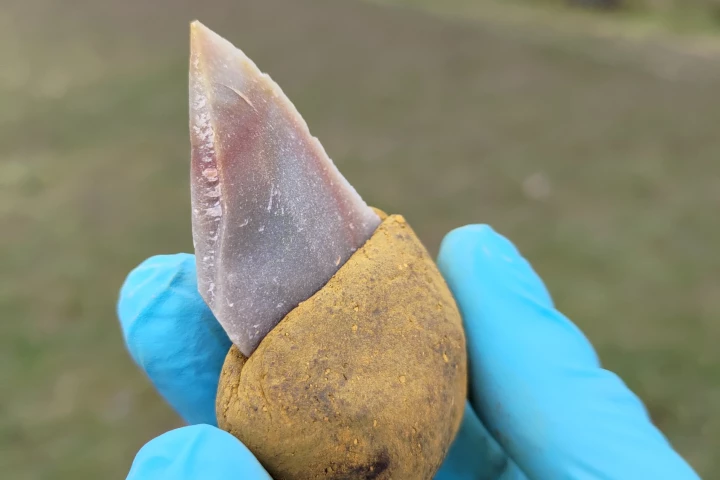Archeology
-
Long before the Inka ruled the Andes, the Tiwanaku civilization carved out one of the region’s earliest and most influential societies. Then, about a thousand years ago, it vanished, leaving behind stone ruins and swirling mysteries.
-
Using new radiocarbon dating on footprints preserved in the gypsum-rich ground in White Sands, researchers have confirmed that humans roamed North America 23,000 years ago. The finding solves a long debate questioning the age of these footprints.
-
A study published in the journal Antiquity suggested an ancient South American civilization spiked a beer-like drink with psychoactive drugs as a way of maintaining social cohesion and forging new bonds with surrounding communities.
-
Excavations found that the brain of what seems to be a human male contained dark glass formed during the eruption of Mount Vesuvius in 79 CE. The effect can't be explained by lava temperatures alone, but rather a different event from the cataclysm.
-
We know what they look like, and even sound like, but there’s one question you might not have pondered: what do ancient Egyptian mummies smell like? Whether you wanted to know or not, scientists have now given us an answer.
-
Many of us have had a tooth pulled in the dentist's chair, and even with anesthetic, it's not pleasant. So spare a thought for the people who, for millennia, chose to have good teeth yanked out with no painkillers – all in the name of beauty (mainly).
-
The ingenuity of ancient Egyptian engineers may have been more advanced than we thought. A currently unexplained ancient structure may have been part of a water purification system feeding a hydraulic lift to raise huge stone blocks to build a pyramid.
-
New insights into a mummy frozen in time with mouth agape, which has disturbed and fascinated archeologists for decades, have revealed that her animated expression was not due to bad embalming but more likely caused by dying in immense, emotional pain.
-
Pompeii is famous for its uniquely pristine preservation of the daily lives of its residents 2,000 years ago. While most residents were quickly buried under volcanic ash, two newly discovered skeletons reveal unlucky people who suffered a different fate.
-
The ancient Egyptians may have had help building the pyramids after all – not from aliens but a long-lost river. Evidence of a previously uncharted branch of the Nile has been found snaking along the pyramids, suggesting blocks were floated to sites.
-
The discovery of rare painted rock art featuring cattle in one of the driest parts of the Sahara Desert indicates that the region was once covered in grass, swamps and waterholes, making it a resource-rich home to a diverse community of animal species.
-
Neanderthals were gluing handles onto their tools over 100,000 years ago, possibly making the species even smarter than previously thought. So says a new study that discovered the use of adhesives on ancient stone tools that were previously overlooked.
Load More
